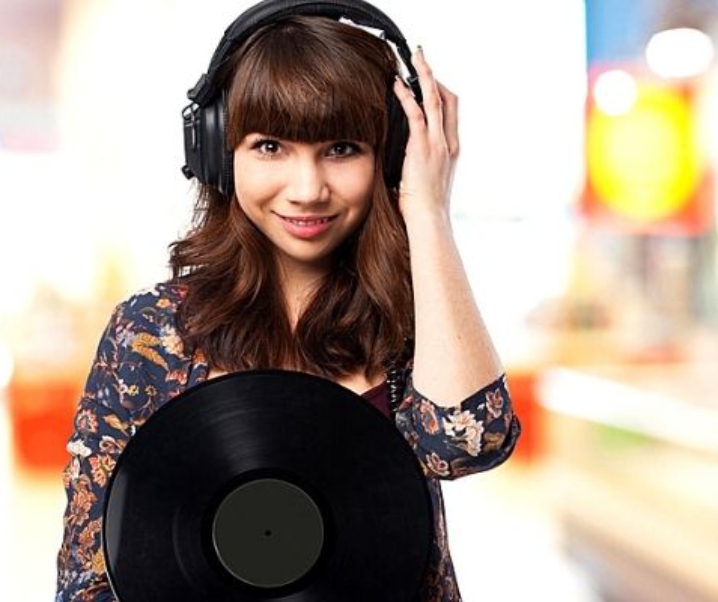Birthdays, anniversaries, festivals, weddings—our lives are full of reasons to give and receive gifts. And for the longest time, we’ve leaned on material presents: handbags, watches, tech gadgets, perfumes, gift cards… you name it. But what do you remember more vividly—the perfume you got for your birthday three years ago or that impromptu road trip with your closest friends, where you got lost, laughed endlessly, and ate the best roadside food of your life?
Chances are, the memory of the experience lingers longer than the object.
Welcome to the world of experiential gifting, where the goal isn’t just to wrap a box in fancy paper but to offer something far more valuable — a moment, a memory, a story.
The Shift from Stuff to Stories
Let’s be honest — most of us have too much stuff already. Our homes are full, and closets overflow with things we once loved but rarely use. In contrast, memories of shared laughter, adventure, and learning have no shelf life — they age well, often getting better with time.
That’s why more people today are choosing to gift experiences over objects. Instead of the latest gadget, it’s a cooking class with Mom. Instead of a tie, it’s a zip-lining adventure for Dad. Instead of another gift card, it’s tickets to a concert your best friend’s been dying to attend.
You may forget the gift, but you’ll never forget the experience.
– TIWIW

Why Experiences Matter More
Here’s the thing: experiences create emotional connections. When you gift someone an experience — whether it’s a pottery workshop, a weekend getaway, or a surprise dinner date — you’re not just saying, “I thought of you.” You’re saying, “I want to spend time with you,” or “I care about what makes you happy.”
Science backs this up. Research by psychologists like Dr. Thomas Gilovich from Cornell University has shown that experiential purchases bring more lasting happiness than material ones. That’s because the joy of experiences begins even before the event itself—the anticipation builds excitement—and then stays long after through stories and memories.
1. Experiences Are Personal
A personalized gift doesn’t always mean engraving a name on a mug. It can mean giving someone the chance to do what they love or try something new they’ve always talked about. If your friend is a wine lover, a vineyard tour can be a dream. If your partner loves music, tickets to a live performance hit the right note.
2. Experiences Deepen Relationships
Gifting an experience is often a shared moment. A spa day together, a trek, a movie marathon, or even a simple cooking session becomes a bonding activity. These shared experiences lead to deeper connections—especially in a world where we often feel digitally connected but emotionally distant.
3. They Create Stories That Last
You might forget who gifted you a Bluetooth speaker last Diwali. But you won’t forget the sunrise you witnessed on a hot air balloon ride someone gifted you — or how scared and excited you were before takeoff. Experiences turn into stories we tell and retell — making them timeless.

What Exactly is Experiential Gifting?
Experiential gifting is about offering someone a unique experience instead of a physical product. It could be:
- A wine-tasting tour for a friend who loves all things gourmet
- A pottery or art class for your creatively curious sibling
- A wellness retreat or spa day for your stressed-out partner
- Tickets to a concert, theater show, or sporting event
- A surprise weekend getaway with your parents
- Cooking classes, music lessons, dance workshops—the options are endless!
Think of it as giving someone something to feel, not just something to hold.
The Emotional Impact of Experiences
Experiences are deeply emotional and personal. They allow people to step out of routine, engage with their passions, and often push boundaries in joyful ways.
Psychologists have studied this closely. As mentioned earlier, research by Dr. Thomas Gilovich suggests that experiences:
- Strengthen relationships (they’re usually shared)
- Shape our identity (we are the sum of our lived moments)
- Create stories (they stay vivid and fond)
- Resist comparison (they’re personal and unique, unlike possessions)
In simpler terms: You’re more likely to recall the joy of your first scuba dive than the fifth handbag you received.

Real Talk: The Gift She Never Forgot
Let me tell you about my friend’s 40th birthday.
She was expecting the usual dinner-and-gift routine. But I surprised her with something entirely different—a painting workshop at a beautiful café. It wasn’t something she would’ve gifted herself, and it turned out to be one of the most fulfilling weekends of her life since her school art project days.
That weekend, she didn’t just learn something new. She met people with shared passions, stepped out of her comfort zone, and gained the confidence to start painting more seriously. It sparked a transformation. No handbag or piece of jewelry could have done that.
That’s the power of experiential gifting.
But Isn’t It Difficult to Plan?
You might think experiential gifts are harder to organize. Not really. In fact, they can be simpler, more intentional, and just as customizable as material gifts. Plus, they’re perfect for people who “have everything” or say they don’t want anything.
Here are a few tips to make it easy:
- Know their interests
Do they love food? Travel? Music? Art? Nature? Fitness? There’s an experience out there for everyone. - Consider shared experiences
Gifting an experience you can do together strengthens bonds—think weekend trips, workshops, or a spa day for two. - Keep it flexible
Not sure about their availability? Gift a voucher or open-dated experience. The thought still counts. - Add a personal touch
Write a heartfelt note explaining why you picked that experience for them. It adds meaning and warmth.

The TIWIW Way: Making Experiential Gifting Effortless
Apps like TIWIW are making it easy to embrace this new wave of gifting. You can:
- Create a wishlist of experiences you’d love to receive
- Share it with close friends and family—no more second-guessing
- Discover what your loved ones truly want
- Organize giveaways or pass on things you no longer use
TIWIW even lets you suggest meaningful experiences instead of just items. Think of it as a conscious wishlist where emotions matter as much as the event.
Why TIWIW Has Categories Like Leisure, Hobbies & Learning
At TIWIW, we believe a wish is more than just a product—it’s a reflection of who you are, what brings you joy, and how you want to spend your time. That’s why we’ve created dedicated wish categories like Leisure, Hobbies, Learning, Wellness, Travel, and Experiences.
These help users express wishes more holistically—be it learning pottery, joining a nature trail, or attending a creative retreat. When people gift you through TIWIW, they’re not just giving an item. They’re supporting your passions and personal growth.

Conscious Gifting is the Future
Experiential gifting is more than a trend—it’s a reflection of how we’re evolving. It aligns beautifully with sustainable living, emotional intelligence, and mindful consumerism. In a world full of fast fashion, impulse buys, and overconsumption, choosing to gift an experience is a radical act of love and intention. So next time you’re wondering what to gift someone, ask yourself:
Will they remember this object in a year? Or will they remember how this gift made them feel?
Final Thought
Life is a collection of moments, not things.
Let’s stop filling our homes and start filling our hearts.
Let’s give less clutter and more connection.
Let’s gift stories worth telling.



















What do you think?